It is the spring of 1935.
Thousands of farm families in the Upper Midwest are destitute and surviving on government ‘relief.’
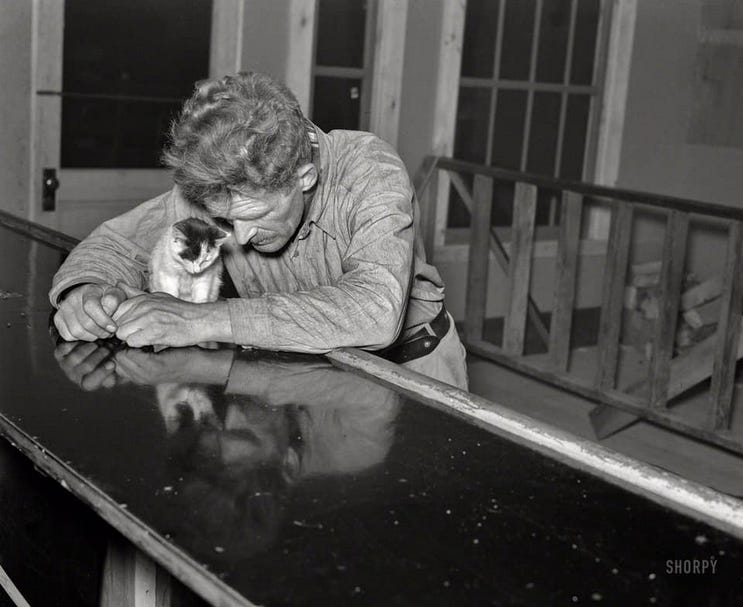
But 203 families have accepted the government’s offer of help in making a fresh start on raw land in Alaska.
It means saying goodbye to everyone and everything they have ever known.
But desperate times call for desperate measures.
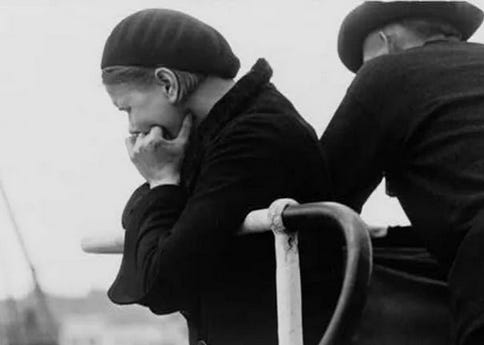
Agricultural resettlement programs were one way in which FDR’s New Deal administrators attempted to help the nation’s agricultural sector.
They sponsored about two hundred agricultural settlements, including one about forty miles north of Anchorage in Alaska’s Matanuska Valley.
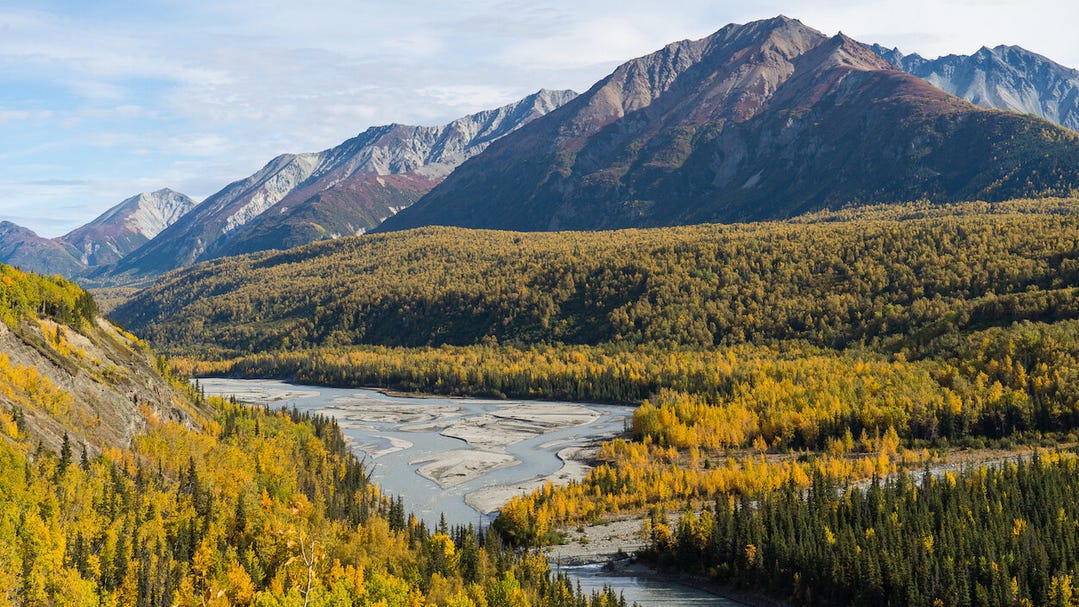
Officials hoped that a successful new farming community there would strengthen Alaska’s local economy.
It would also provide locally grown food for additional military personnel needed in Alaska to counter Japan’s build-up.
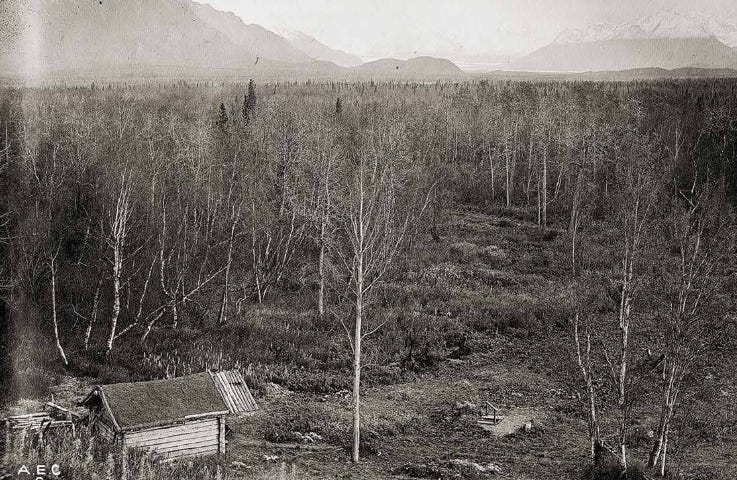
The Matanuska Valley was chosen because it had good soil.
With mountains on three sides, the Valley was protected from the severe winter cold of Alaska’s interior and from storms coming up from the Gulf of Alaska.
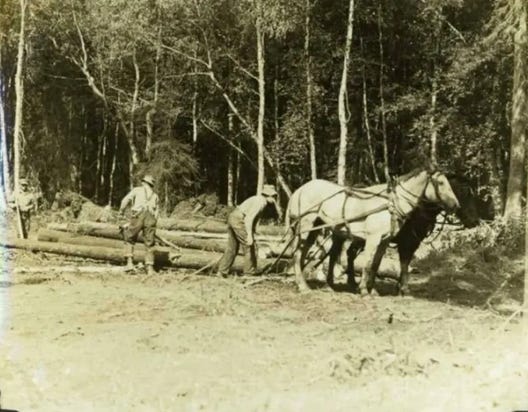
The Valley seemed similar to the Upper Midwest, which had been settled by Scandinavian immigrants.
And many of the people selected for the resettlement program were descendants of these immigrants.
They were used to long, cold winters and had the skills needed to turn the Valley into productive farmland.
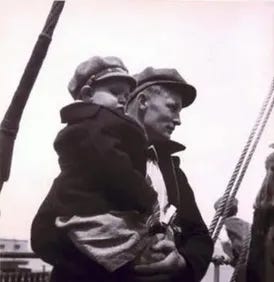
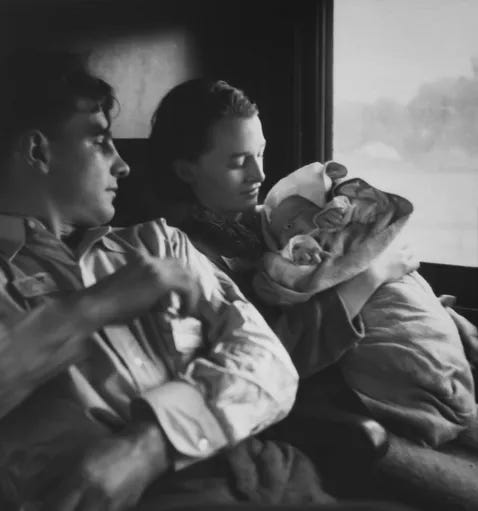
The government offered to pay these families’ moving expenses and cover much of their start-up costs.
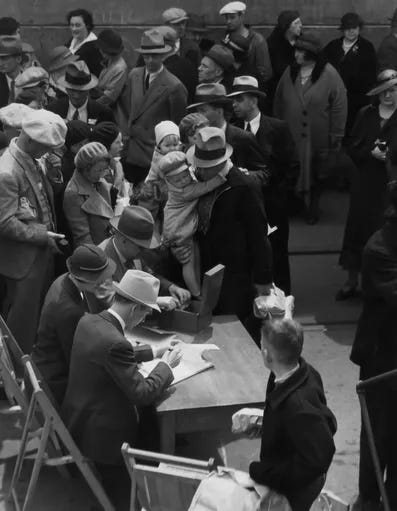
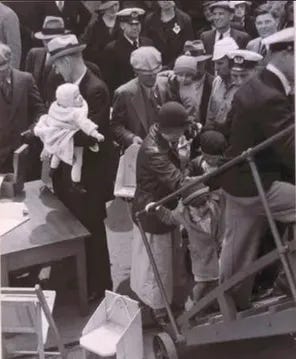
So these 203 families boarded trains in St. Paul, Minnesota, bound for either San Francisco or Seattle.
There, they got on an Army transport ship and sailed to Alaska.
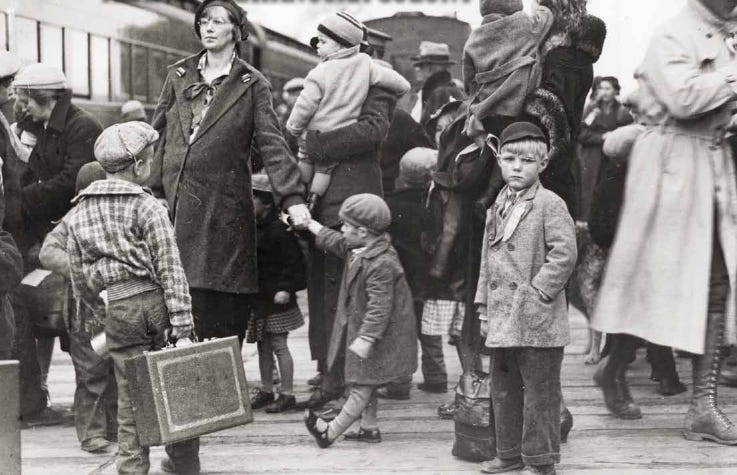
It must have seemed like a trip to the Moon.
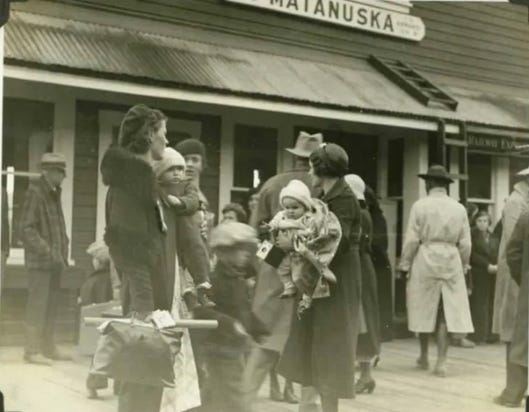
Farming in the Matanuska Valley worked out for some of these families.
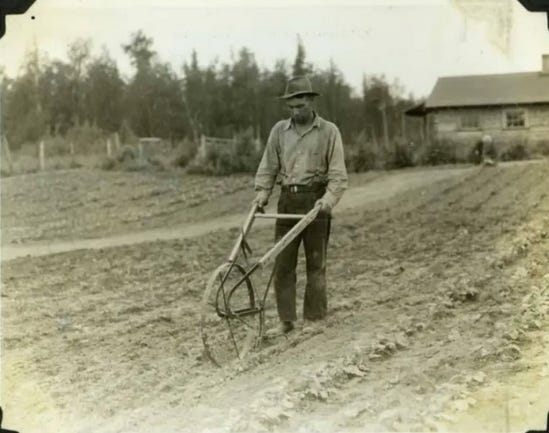
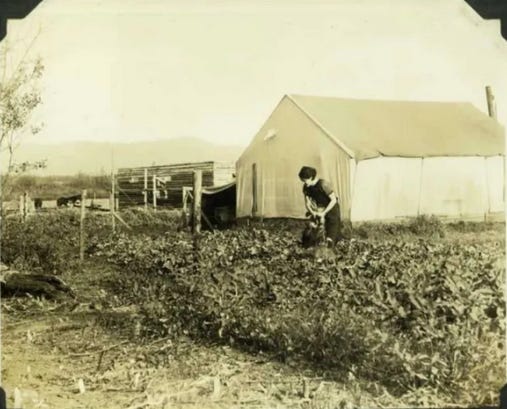
But most of them found the work required to turn the rocky glacial valley into arable land was more than they had bargained for.
So they left the farm settlement.
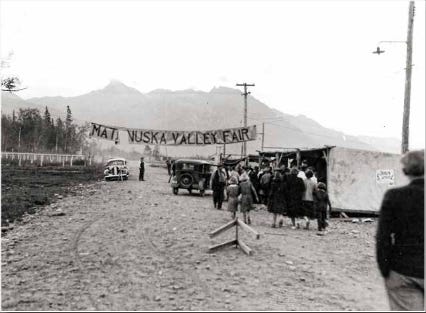
But most didn’t quit Alaska.
They stayed on, finding work in fishing and logging.
Just like the gold prospectors of California who had gotten rich opening bars or retail stores catering to other miners after they had quit prospecting.
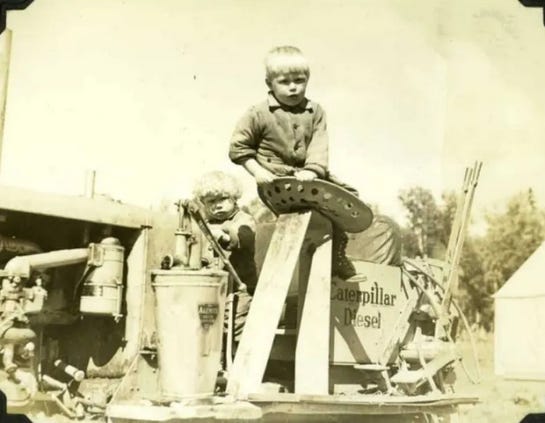
It’s a recurrent theme in America’s history: one open door often leads to another one.
You just have to power through.
******************************
I’ll see you tomorrow.
— Brenda















Share this post